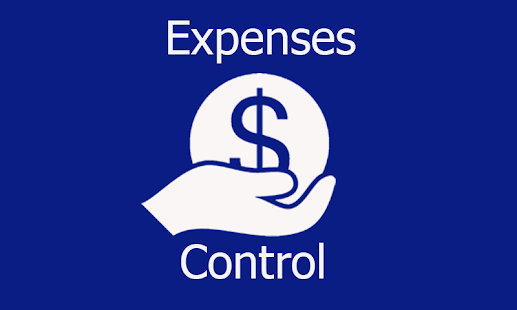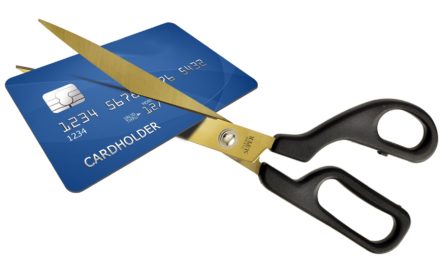Income levels have shot up over the past decade. Higher income levels have also brought about a change in lifestyle and spending patterns. Nowadays, it is very easy to spend compared to saving and investing it, as the incentive to spend is huge. Advertising and marketing have reached new heights, with each brand claiming that it is the best in the market. In such a situation, it is very important to have a control on spending, with discipline and planning. Unrestrained and random spending can be very harmful, both in the short term as well as in the long term.
Here are a few tips to control your urge to spend:
Draw a budget and spend in line with this: As much as you may hate it, a budget is a strict yes and an important pre-requisite to efficient financial planning. A budget helps you track your expenses, cut back on unnecessary expenses and improve cash flows. A clear budget helps you to prioritize your spending patterns and avoid wasteful expenses. Put together a spending plan by listing both necessary items like food, grocery, utilities and transport as well as discretionary items like entertainment, dining out etc. A budget is the first step to help you control your expenses. When you do not have a tab on your expenses, you tend to over-spend and exceed your limits.
Avoid impulse spending: Impulse spending refers to reckless, unplanned spending which comes at the cost of your monthly investments. Such expenses are always out of your budgets and come in the way of realising your financial goals. Avoid such expenses and always try to distract yourself by doing something else to keep you from spending impulsively.
Unsubscribe from online shopping emails: Many a time we subscribe to mailers which give details of online deals and offers. Sometimes we are included in the mailing list of such mailers without our knowledge. While such mailers can be advantageous as they help you get good shopping deals, you should remain subscribed to them only if you know to control your shopping desires. Most people get carried away by such mailers and are tempted to shop for things they may not even need, just because they get it for cheap. Just because something is on sale doesn’t mean you have to buy it. If you think you will be swayed by such offers which results in impulse buying, it is better to unsubscribe from such mailers.
Use credit cards smartly: Credit cards are the most dangerous weapons which can get you tangled in a debt trap if not used with care. Remember to read the terms and conditions of the card before applying and getting the same. The interest rates and penalties on late payments are humongous and can deplete your cash balance faster than you imagine. Try and pay off the entire outstanding amount before the due date, as unpaid amounts carry exorbitant interest rates. Nowadays it is also possible to convert large ticket purchases on your credit cards into Equated Monthly Installments (EMIs). Always avoid the EMI route, as this also carries an interest. If you are unable to pay EMIs, it can result in a debt loop and increase interest outflow. Borrowing cash on credit cards also is expensive and should be avoided.
Take a break when you are confused: If you are shopping in a mall and find something which is very attractive, but quite expensive and not necessary for you, then take some time off to think if you really need it at that point in time. Walk away from the shop and spend some time analysing if you can do without the product for some time, and if yes, wait for the right time to buy it.
Keep yourself occupied to avoid ‘boredom shopping’: It is often seen that some people start browsing online shopping sites simply because they are bored and want to do something different. This can spell trouble for your wallet, as randomly browsing shopping websites may result in you spending unnecessarily. Keep yourself busy to avoid this.
Do not visit shops unnecessarily: Window shopping is okay, but if your ‘window shopping’ translates to actual shopping every time you step out, this is not healthy. Do not visit shops and malls simply to kill time. Experts also recommend leaving behind your credit card when you step out, in order to cut back on impulse spending.
Be strict with children: Although it is good to cater to your children’s needs, allowing them to dictate your monthly budget is not good. Kids are an important contributor to impulse spending. Teach them to earn their toys and not take it for granted that they will get it at any cost.
Spending is like a craze and can get dangerous if not kept in check. The critical factor in controlling excessive spending habits is to have a control of your needs and wants and following your monthly budgets strictly.


